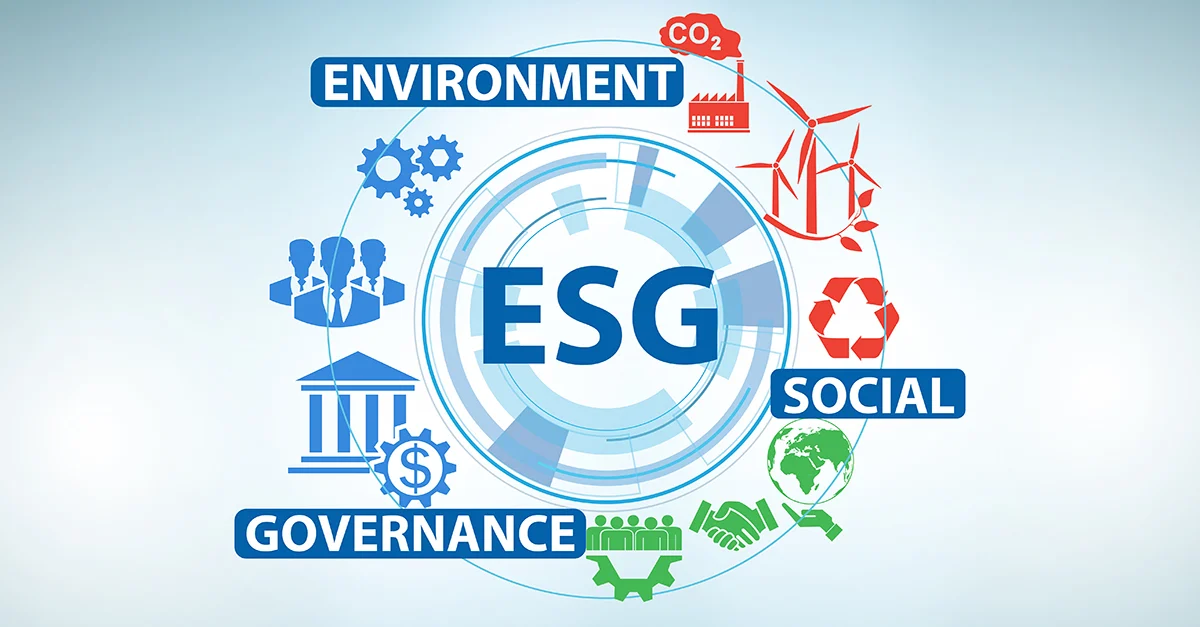
Introduction:
In the realm of sustainable investing, understanding and effectively navigating Environmental, Social, and Governance (ESG) criteria is paramount for achieving robust financial growth. At [Your Company Name], we recognize the pivotal role sustainable investments play in shaping the future of finance. In this comprehensive guide, we delve into the intricate world of sustainable investing, providing insights that go beyond the surface to empower you with the knowledge needed to make informed decisions.
Defining Sustainable Investing
Sustainable investing is not merely a buzzword; it's a strategic approach to finance that combines traditional investment goals with a commitment to ESG principles. ESG criteria evaluate a company's ethical practices, environmental impact, and corporate governance. Investors worldwide are increasingly recognizing the importance of aligning their portfolios with sustainable values, not just for ethical reasons but also for the tangible financial benefits it can yield.
The Financial Case for ESG
Maximizing Long-Term Returns
Contrary to the misconception that sustainable investing sacrifices returns, numerous studies reveal that companies with high ESG ratings often outperform their counterparts over the long term. By integrating ESG criteria into your investment strategy, you're not just aligning with values; you're positioning yourself for sustainable financial growth.
Mitigating Risks
ESG considerations act as a risk management tool. Companies with strong ESG practices are better equipped to navigate challenges such as regulatory changes, reputational risks, and environmental crises. As a result, integrating these criteria can shield your investments from unforeseen market fluctuations.
Navigating ESG Criteria Effectively
Environmental Considerations
Carbon Footprint: Assess a company's commitment to reducing its carbon footprint. Companies with robust carbon reduction strategies are often better prepared for future regulatory changes.
Resource Efficiency:
Evaluate how efficiently a company utilizes resources. Optimal resource management not only contributes to environmental sustainability but can also translate to cost savings.
Social Responsibility
Diversity and Inclusion: Companies fostering diversity and inclusion tend to exhibit greater innovation and resilience. Look for organizations committed to creating a diverse and inclusive workplace.
Community Engagement:
Assess a company's involvement in community development initiatives. Strong community ties often indicate a commitment to social responsibility.
Governance Practices
Board Structure: Examine the composition of a company's board. Diverse and independent boards are crucial for effective corporate governance.
Executive Compensation:
Evaluate the alignment of executive compensation with long-term performance. Transparent compensation structures demonstrate a commitment to shareholder value.
Overcoming Challenges in Sustainable Investing
Lack of Standardization
Navigating the world of sustainable investing can be challenging due to the lack of standardized ESG metrics. However, forward-thinking investors can overcome this obstacle by relying on reputable ESG rating agencies and thoroughly researching companies' sustainability reports.
Balancing Financial Returns and Ethical Values
A common concern among investors is the perceived trade-off between financial returns and ethical values. The reality is that sustainable investing can offer both, provided investors conduct thorough due diligence and prioritize companies with strong ESG practices.
Conclusion:
In conclusion, sustainable investing is not just a trend; it's a strategic imperative for those seeking long-term financial growth. At [Your Company Name], we believe that understanding and effectively navigating ESG criteria is the key to unlocking the full potential of sustainable investments. By integrating these principles into your investment strategy, you not only contribute to a more sustainable future but also position yourself for financial success.
